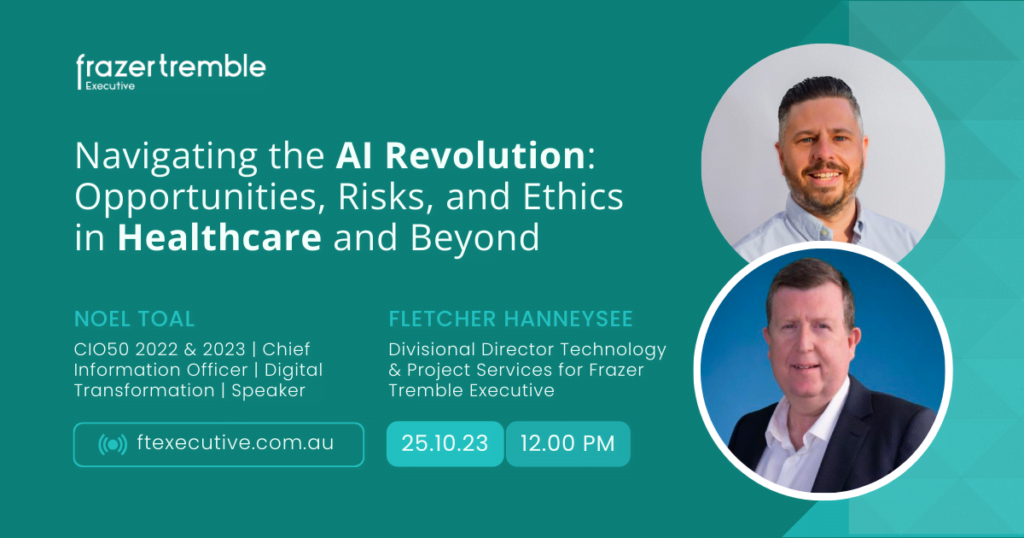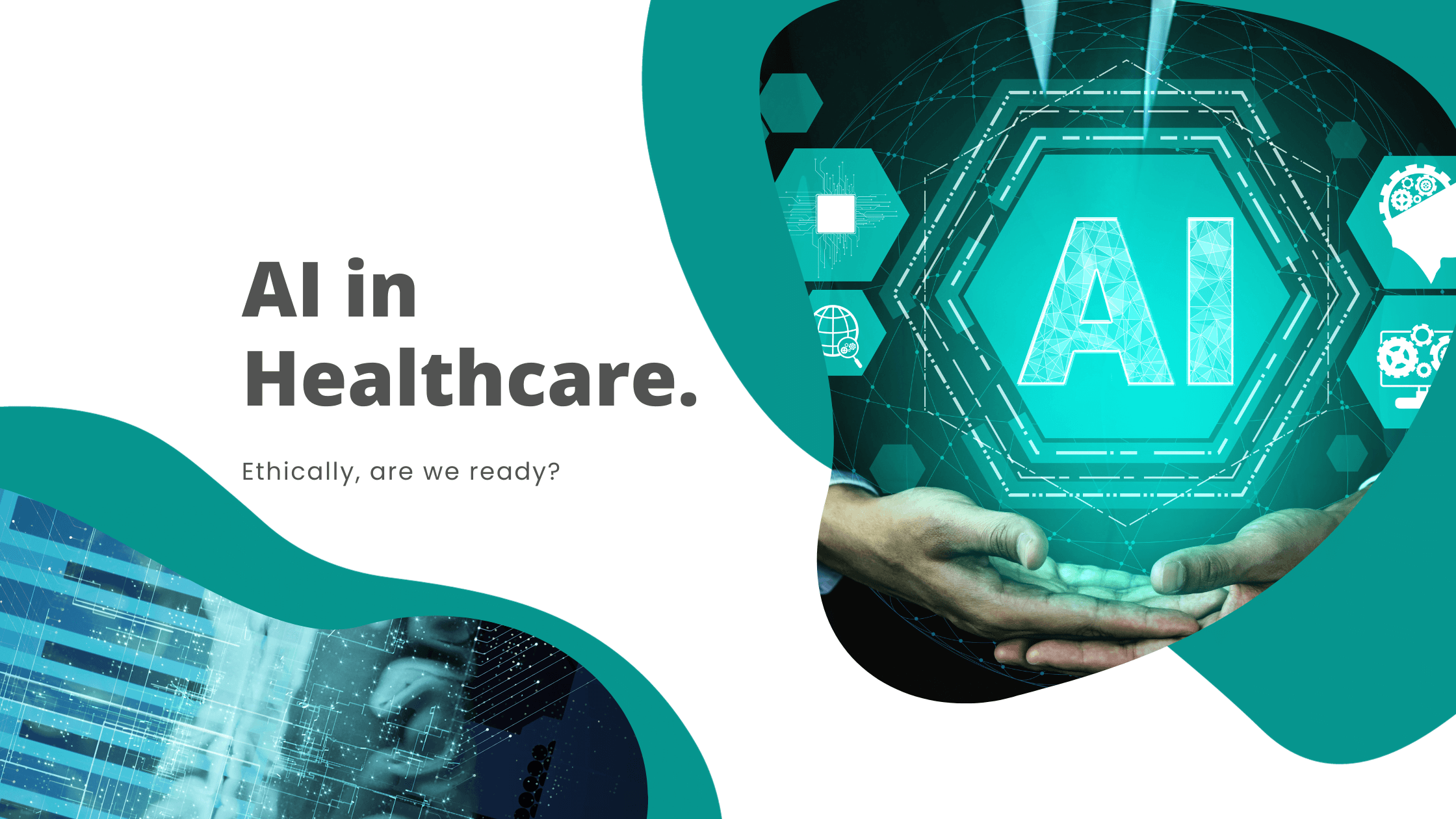One of the most significant technological advancements we are witnessing today is the rise of Artificial Intelligence (AI). As a result, industries such as healthcare are finding ways to integrate AI to their systems.
The use of AI in healthcare promises numerous benefits such as improved accuracy and efficiency, but it also presents some significant challenges and ethical concerns.
We’ll delve deeper into the use of AI in healthcare, exploring its benefits, problems, and ethical considerations.
1. Ethics of AI in Healthcare
When it comes to AI in healthcare, there are undoubtedly ethical issues to be considered. For instance, in an emergency room, who should an autonomous vehicle transport first, the old or the young? Another ethical issue is the potential for AI to reduce the human element of healthcare. If the diagnosis is no longer a challenge, what purpose does the doctor have, and how does the patient react to receiving no personal care? It is crucial that the healthcare industry acknowledges these issues and works to address them.

2. Save Physicians Time with AI
One of the most significant benefits of AI in healthcare is in saving physicians time. AI can parse through hundreds and thousands of medical records, looking for statistical patterns in the data much faster than any human could. This means that a physician can have more time to spend with the patient and think critically about the diagnoses. It also means that physicians can provide a better quality of care, and in turn, can potentially reduce the overall cost of healthcare services.
3. Benefits of AI in Healthcare in General
The potential benefits of AI in healthcare are immense. For instance, AI can be used to diagnose diseases more accurately and quickly. It can also help in predicting the spread of disease in specific areas and recommending preventive measures. Furthermore, AI can help in identifying possible patient health risks, thereby enhancing the efficacy of treatment. By analysing the patient’s previous medical history, it can assist doctors and healthcare providers with providing personalised treatment options.

4. Problems with AI in Healthcare
Although AI has the potential to save lives and speed up diagnoses, it is not without its problems. For example, AI algorithms may produce biased results, leading to false diagnoses. Moreover, AI has limited understanding when it comes to contextual clues, which can result in errors in interpretation, leading to incorrect diagnoses. Moreover, AI can never replace human empathy and the power of touch, where being diagnosed by a machine can be inherently demotivating and reduce patient mental wellbeing.
5. Noel Toal Insights
Noel Toal, the CTO of IDPV Health, talks of the use of AI and technology in virtual patient consultations. Based on his experience, he believes that virtual care cannot be compared to in-person healthcare, and AI should be seen as a tool, instead of a replacement for in-person care. AI helps optimise healthcare workflows, reduces costs, and provides next-level care. However, as Toal notes, the purpose of technology should be to help patients rather than to create an entirely new system.
Overall, the integration of AI in healthcare can improve efficiency and accuracy, but it has its ethical considerations, challenges, and limitations. The healthcare industry should be cautious about AI and integrate it in a way that complements and enhances human interaction, not replaces it. As physicians, healthcare providers, and stakeholders in the healthcare industry, we have the responsibility to ensure the integration of AI in healthcare remains ethical, safe, and benefits everyone involved.
Join us for our upcoming Webinar!



